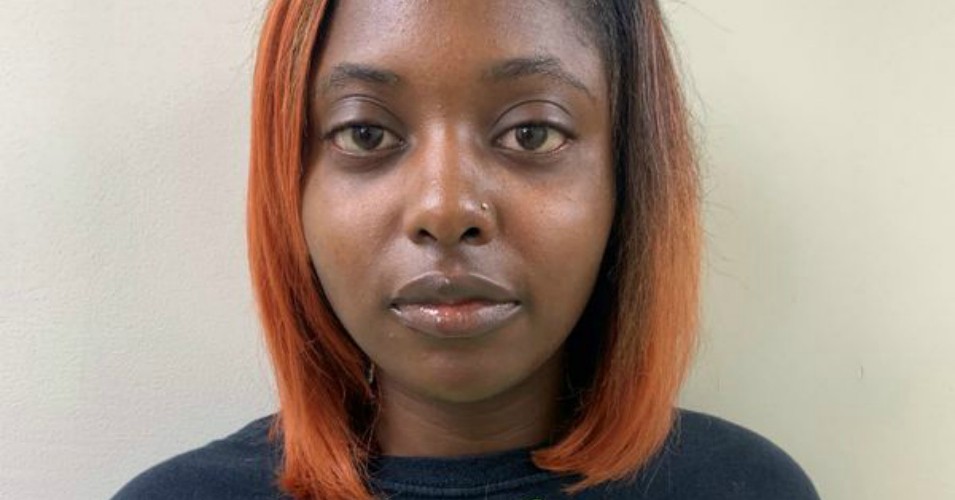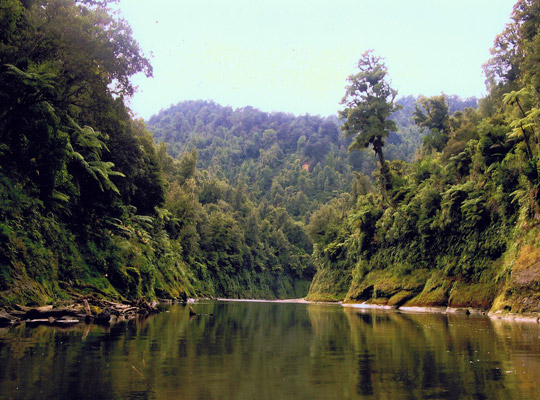Critics warn the case threatens reproductive rights nationwide by advancing the anti-choice concept of “fetal personhood”
By Jessica Corbett, staff writer for Common Dreams. Published 6-27-2019

Marshae Jones, a 27-year-old from Alabama, was charged with manslaughter Wednesday for experiencing a miscarriage last year after she was shot in the stomach. (Photo: AL.com)
In a case that has outraged and alarmed reproductive rights advocates nationwide, Marshae Jones—a 27-year-old black woman from Alabama—was charged with manslaughter Wednesday for experiencing a miscarriage last December after she was shot in the stomach.
“This is the toxic collision of the everyday racism, sexism, and violence experienced by black women and the terrifying end point of the dangerous anti-choice laws spreading across the country, including in Alabama, that devalue, dehumanize, and criminalize women,” Shaunna Thomas of the national women’s group UltraViolet said in a statement. “This is part of a larger pattern of how our criminal justice system permits and furthers violence and abuse against black women, and it is unacceptable.” Continue reading


